Blockchain technology, the backbone of cryptocurrencies, has been a catalyst for transformative innovations across industries. As we navigate through the dynamic landscape of technology, it’s crucial to explore the latest developments that are shaping the future of blockchain. In this blog, we will unravel the groundbreaking advancements and their potential impact on various sectors.
Unveiling the Latest Developments in Blockchain Technology
1. Smart Contracts Evolving with Layer 2 Solutions
– Context: Smart contracts, self-executing contracts with the terms of the agreement directly written into code, are a cornerstone of blockchain. Layer 2 solutions are now enhancing the capabilities of smart contracts by improving scalability and reducing transaction costs.
– Development: Protocols like Optimistic Rollups and zk-Rollups provide off-chain scaling solutions, enabling faster and more cost-effective smart contract executions.
– Impact: Increased scalability fosters the broader adoption of decentralized applications (DApps) and facilitates more complex and sophisticated smart contract functionalities.

2. Interoperability and Cross-Chain Solutions
– Context: The blockchain space is witnessing a surge in efforts to enhance interoperability, allowing different blockchain networks to communicate seamlessly.
– Development: Projects like Polkadot, Cosmos, and others are pioneering cross chain solutions, enabling assets and data to move across different blockchains.
– Impact: Improved interoperability promotes collaboration between diverse blockchain ecosystems, fostering a more interconnected and versatile decentralized landscape.
3. Decentralized Finance (DeFi) Evolution
– Context: DeFi has been a major driver of innovation within the blockchain space, reimagining traditional financial services.
– Development: The evolution of DeFi includes advancements in decentralized exchanges (DEXs), lending and borrowing protocols, and the integration of oracles for real-world data..
– Impact: DeFi continues to disrupt traditional finance, offering more inclusive, transparent, and accessible financial services globally.
4. NFTs Beyond Art
– Context: Non-Fungible Tokens (NFTs) have transcended their initial use case in the art world, expanding into various industries.
– Development: NFTs are now being utilized in gaming, music, virtual real estate, and even tokenizing real-world assets.
– Impact: The versatility of NFTs is unlocking new possibilities for creators, providing novel ways of ownership, monetization, and engagement across different sectors.
5. Sustainability and Eco-Friendly Initiatives
– Context: Addressing concerns about the environmental impact of blockchain networks, especially hose using Proof of Work (PoW) consensus algorithms.
– Development: Projects are actively exploring and implementing more sustainable consensus mechanisms like Proof of Stake (PoS) and incorporating eco-friendly practices.
– Impact: Increased sustainability aligns blockchain technology with broader environmental goals, mitigating criticism and paving the way for more widespread acceptance.
As blockchain technology continues to mature, these latest developments exemplify its adaptability and potential to revolutionize various industries. The evolving landscape not only enhances the capabilities of existing blockchain applications but also opens doors to new possibilities, promising a more inclusive, efficient, and sustainable future. Staying abreast of these advancements is crucial for anyone interested in the intersection of technology and decentralized innovation.
FAQs
Smart contracts are self-executing contracts with terms directly written into code on the blockchain. Layer 2 solutions like Optimistic Rollups and zk-Rollups are enhancing smart contracts by providing off-chain scaling solutions. This improves scalability and reduces transaction costs, enabling faster and more complex smart contract executions.
Interoperability refers to the ability of different blockchain networks to communicate and share data seamlessly. Projects like Polkadot and Cosmos are pioneering cross-chain solutions, allowing assets and information to move across different blockchains. This promotes collaboration between blockchain ecosystems, enhancing overall efficiency and functionality.
DeFi refers to decentralized financial services that operate without traditional intermediaries. It includes decentralized exchanges (DEXs), lending protocols, and more. DeFi is evolving with advancements in scalability, real-world data integration via oracles, and broader adoption globally. It aims to make financial services more accessible, transparent, and inclusive.
Non-Fungible Tokens (NFTs) have moved beyond their initial use case in art to encompass industries like gaming, music, virtual real estate, and tokenizing real-world assets. NFTs provide unique digital ownership and monetization opportunities for creators, transforming how content and assets are valued and traded across various sectors.
Addressing concerns about the environmental impact of blockchain networks, especially those using Proof of Work (PoW) consensus algorithms, sustainability initiatives are crucial. Projects are adopting Proof of Stake (PoS) and exploring eco-friendly practices to reduce energy consumption and align blockchain technology with broader environmental goals.
Challenges include regulatory uncertainties, scalability issues, and the need for widespread adoption of new technologies like PoS. Overcoming these challenges will be key to realizing the full potential of blockchain technology in transforming industries and global economies.

